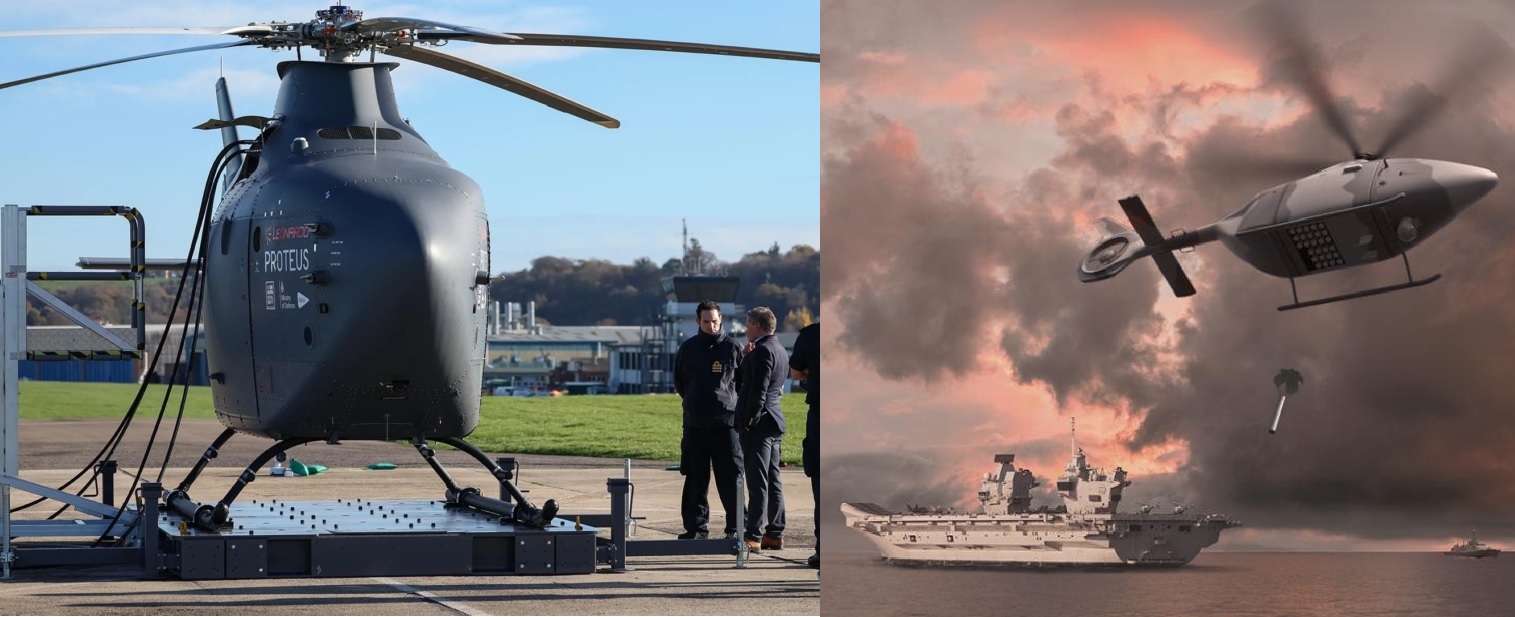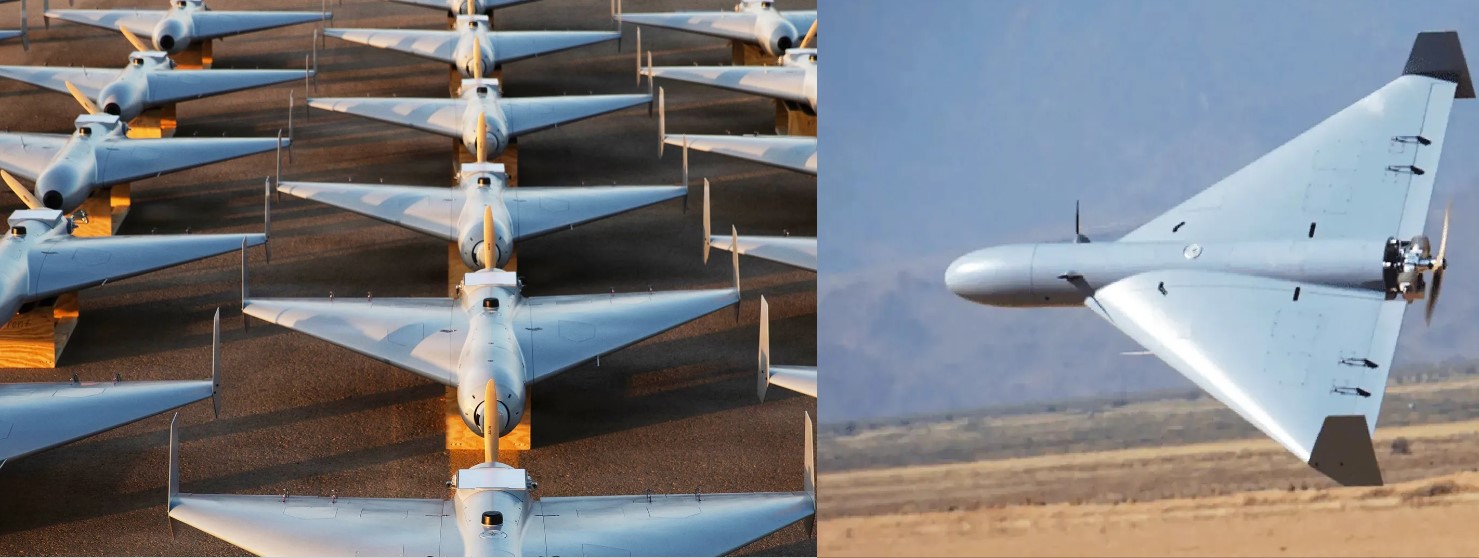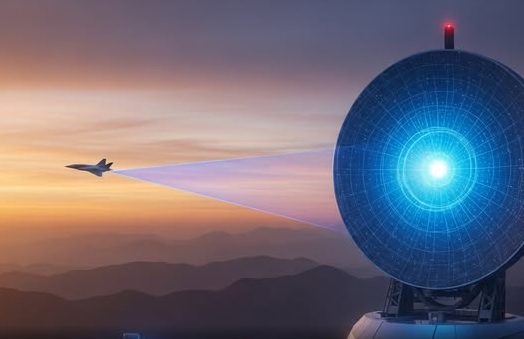Finnish Hydrogen Airship Joins NATO’s REPMUS 25 for Persistent ISR Below the Clouds

Joensuu, Finland — Finnish technology company Kelluu has announced that its autonomous, hydrogen-powered airship will participate in NATO’s REPMUS 25 exercise, one of the alliance’s largest and most advanced defense trials focused on unmanned systems.
The 12-meter-long autonomous aerostat combines artificial intelligence with modern sensor technology, bringing a century-old concept of lighter-than-air flight into the modern defense landscape. Quiet, clean, and powered by hydrogen, the airship is designed to deliver persistent surveillance and intelligence below cloud level, where satellites and traditional drones face limitations.
“For the next weeks our airships will be in the middle of one of the most demanding defense exercises in the world,” Kelluu said in a statement.
What is REPMUS 25?
REPMUS — short for Robotic Experimentation and Prototyping with Maritime Unmanned Systems — is NATO’s flagship testing ground for integrating unmanned technologies into joint operations. Last year’s edition involved over 2,000 participants from 30 nations, operating more than 100 unmanned systems across 700 missions. This year, REPMUS 25 raises the bar further, with expanded maritime and aerial challenges that push unmanned platforms to their operational limits.
Led by the Portuguese Navy, the exercise explores ISR, amphibious operations, electronic warfare, communications resilience, and interoperability across land, sea, and air domains.
Bridging a Critical Gap
According to Kelluu, its hydrogen-powered airship addresses a unique intelligence gap:
-
It operates persistently below the clouds, providing surveillance where satellites may be obstructed.
-
It offers uninterrupted ISR for long durations, unlike drones limited by flight endurance.
-
It remains effective even in GNSS-denied environments, enhancing resilience in contested zones.
-
Its payload flexibility allows for customized sensors, radars, and cameras suited to each mission.
“Persistent surveillance below the clouds adds a continuous layer of accurate intelligence, extends the reach of sensors and cameras, and keeps working even when navigation signals are jammed,” the company emphasized.
A Broader Role in NATO Innovation
Kelluu’s participation in REPMUS is part of a larger effort to strengthen European defense capabilities. The company was recently selected for NATO’s DIANA programme, a major accelerator for dual-use technologies, from more than 2,600 applicants. It also took part in Atlantic Trident 25, a multinational air exercise alongside U.S., U.K., French, and Finnish forces — marking the first time hydrogen-powered autonomous airships participated in such a large-scale defense drill.
Why It Matters
NATO’s growing reliance on unmanned technologies makes platforms like Kelluu’s hydrogen airship increasingly valuable. They offer sustainable, persistent, and flexible ISR solutions, bridging the gap between traditional drones and satellites while aligning with modern defense sustainability goals.
By bringing clean energy, endurance, and resilience to aerial surveillance, Kelluu’s innovation shows how smaller European firms are playing a crucial role in strengthening NATO’s evolving defense ecosystem.
✍️ This article is written by the team of The Defense News.






